For some, buying a used car makes financial sense – but for others, the risks and unknowns tied to pre-owned vehicles outweigh any potential savings. From hidden issues to outdated technology, there are plenty of reasons why buying used may not be the best option for everyone.
Whether it’s concerns about reliability or unexpected costs down the road, the decision to go secondhand isn’t straightforward – and here’s why.
Unknown Vehicle History

Buying a used car is like a step into the unknown because it’s impossible to know everything it’s been through. Even with a vehicle history report, you might miss accidents or repairs that weren’t documented. Sellers can downplay or hide issues, leaving you to discover them later.
Potential for Hidden Damage
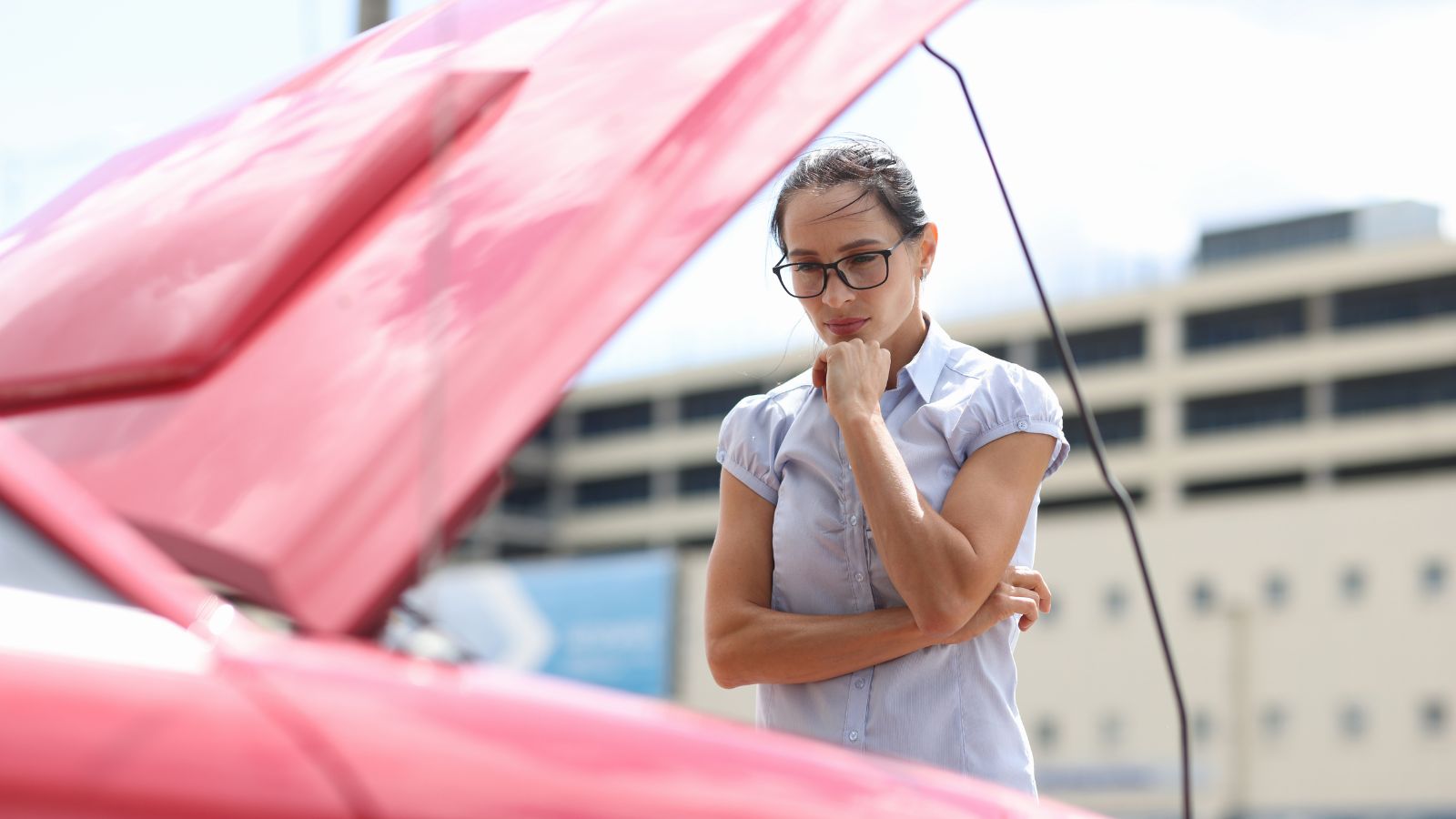
Issues could be lurking beneath polished paintwork. Many sellers clean up cars cosmetically to hide defects, which can mislead buyers. Damage from previous accidents, floods, or poor maintenance won’t always be visible. Even a mechanic’s inspection can miss deeply hidden issues.
Higher Maintenance Costs
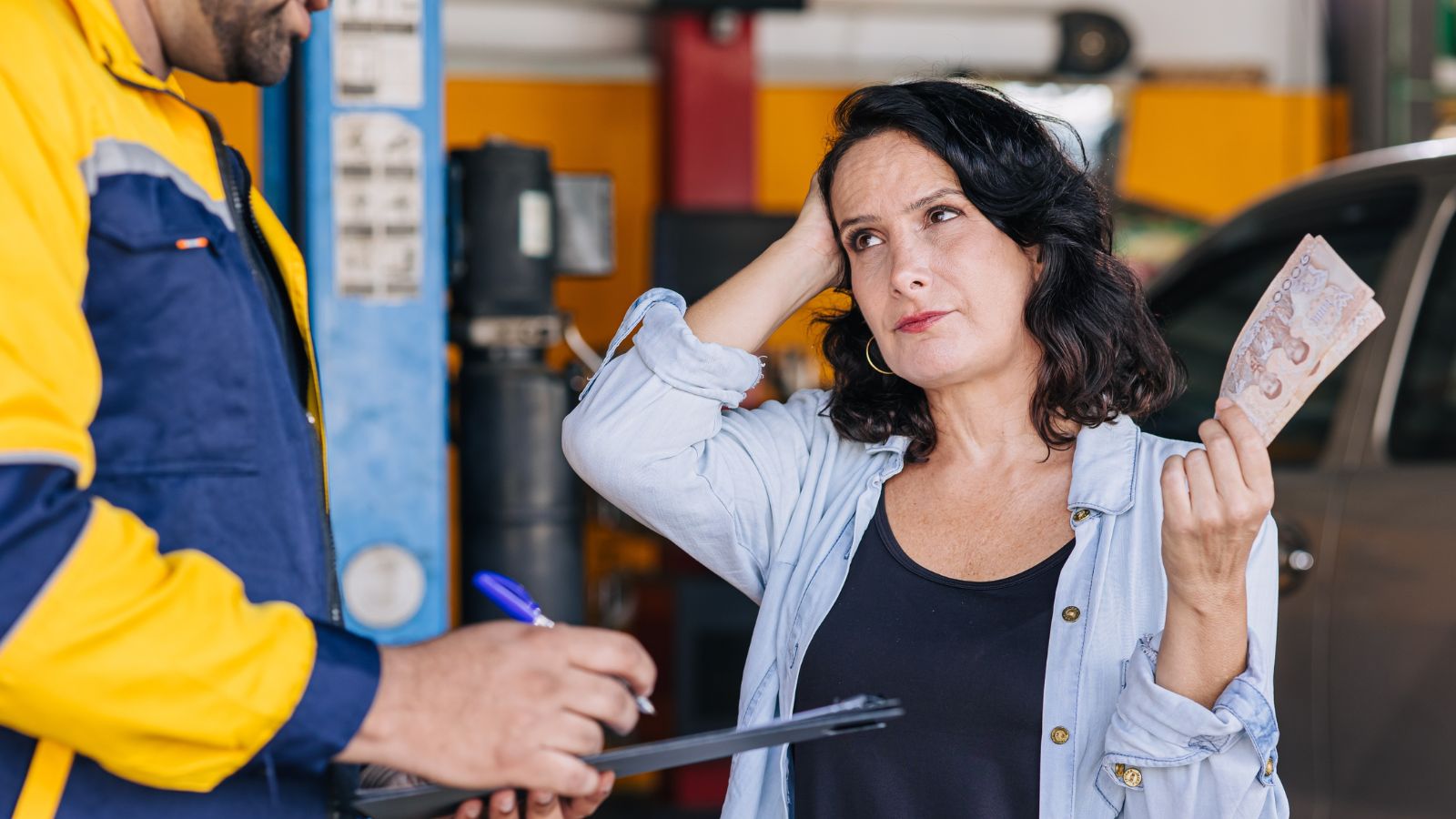
Used cars often require more maintenance. As parts wear down, repairs become more frequent, and older vehicles are more prone to breakdowns. Brakes, tires, and timing belts may already be nearing the end of their lifespan. Over time, these repairs could cost more than what you saved by buying used.
Limited Warranty Coverage
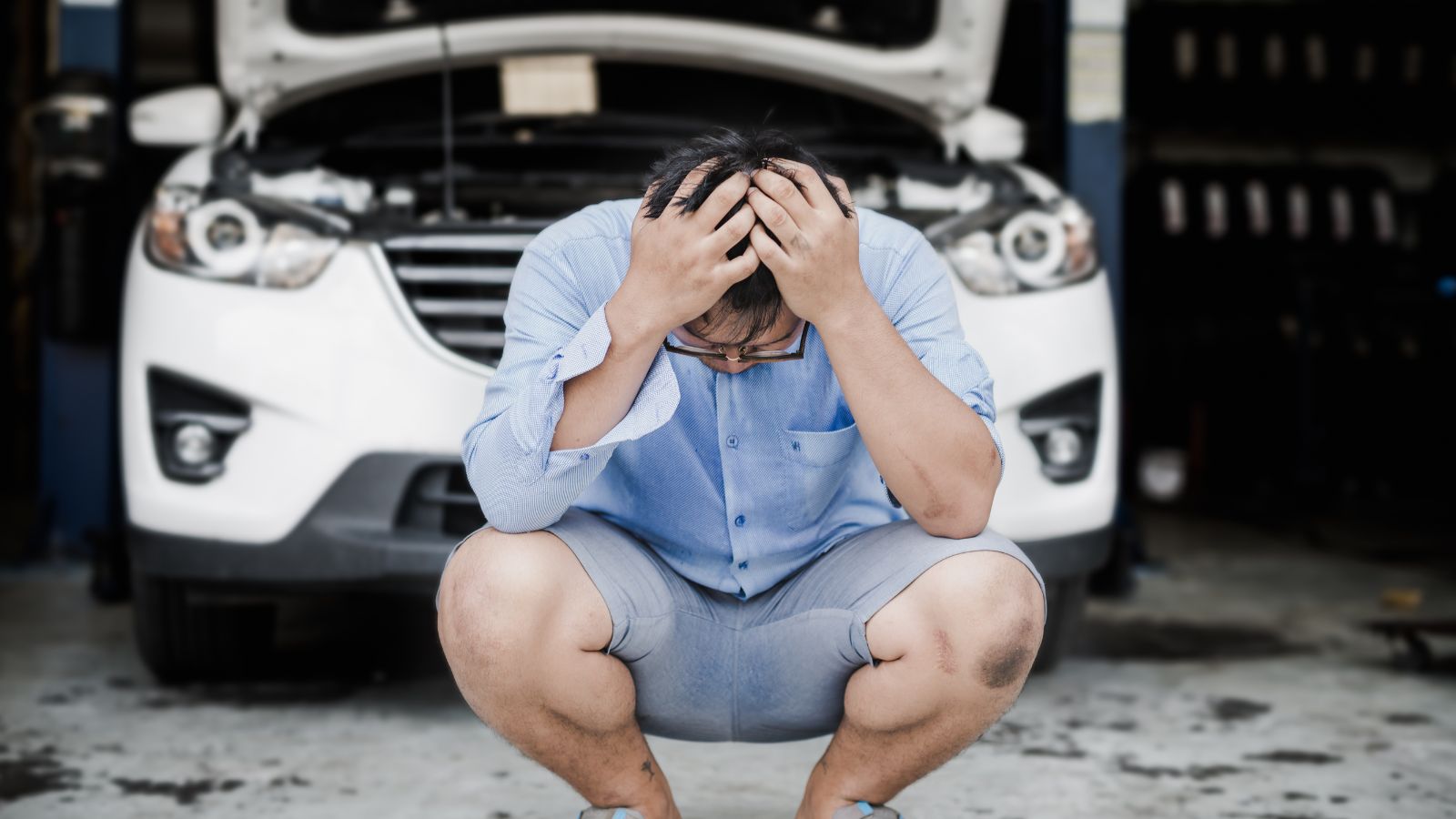
While new cars come with bulletproof warranties, used cars may have limited or no warranty coverage. Some dealerships offer certified pre-owned warranties, but these seldom match the comprehensive coverage of new car warranties. If something goes wrong, you’re on the hook for expensive repairs.
Outdated Technology

Car technology moves on fast. Modern conveniences like larger touchscreens, wireless charging, or smartphone integration could be missing in used cars. For tech-savvy drivers, these omissions will make a secondhand car feel outdated quickly. The lack of modern safety features might also impact resale value or insurance costs.
Lower Fuel Efficiency
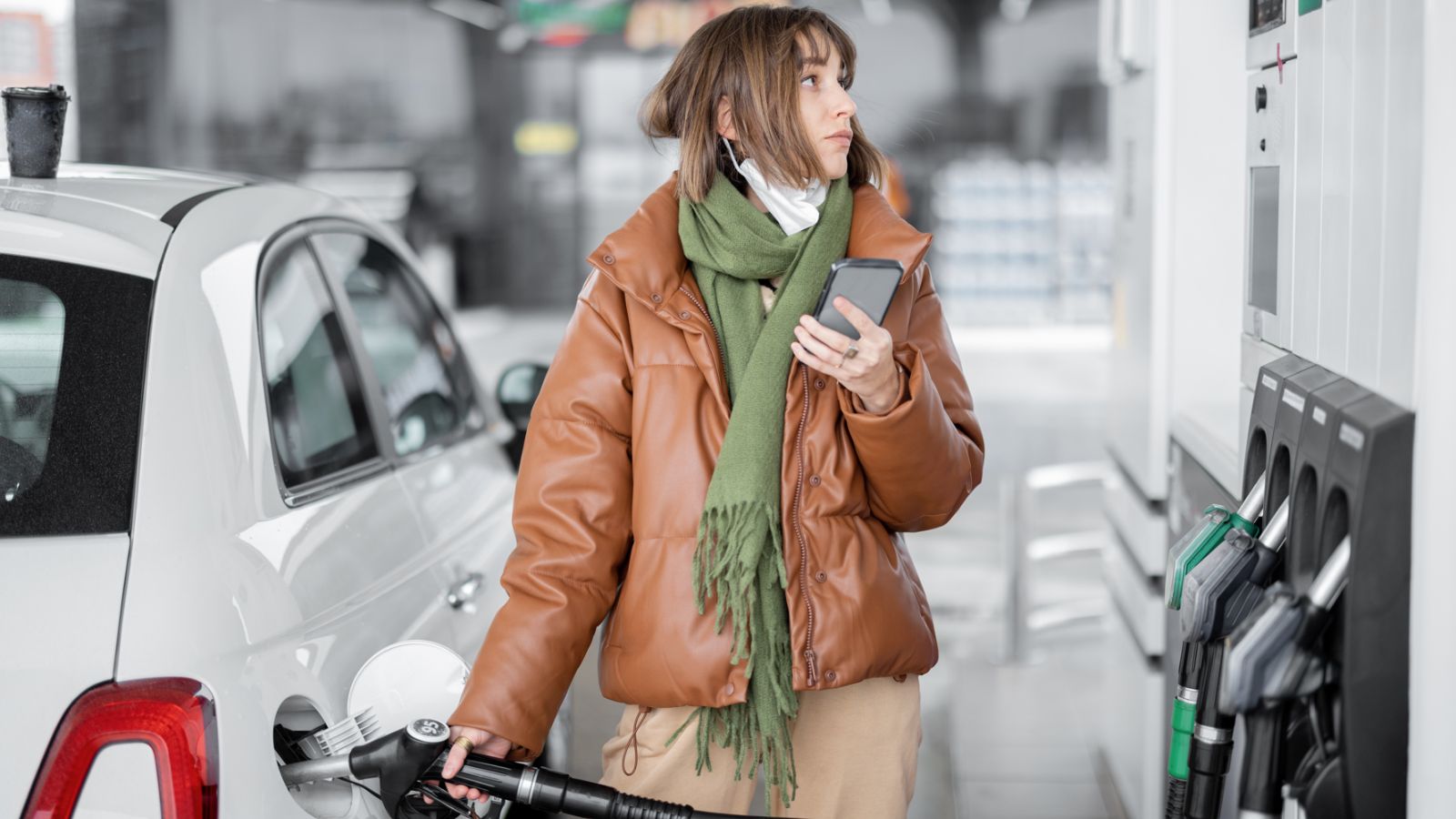
Advances in hybrid and electric technology, as well as improvements in internal combustion engines, mean new cars usually save you money at the pump. The cost of higher fuel consumption will add up over time. For those prioritizing sustainability, a used car may not align with their goals.
Increased Risk of Breakdowns

Older cars are more likely to break down, especially if they weren’t well-maintained by the previous owner. Frequent repairs and the inconvenience of being stranded can make owning a used car stressful. For buyers who need reliability above all else, this risk is often a dealbreaker.
Lack of Customization Options
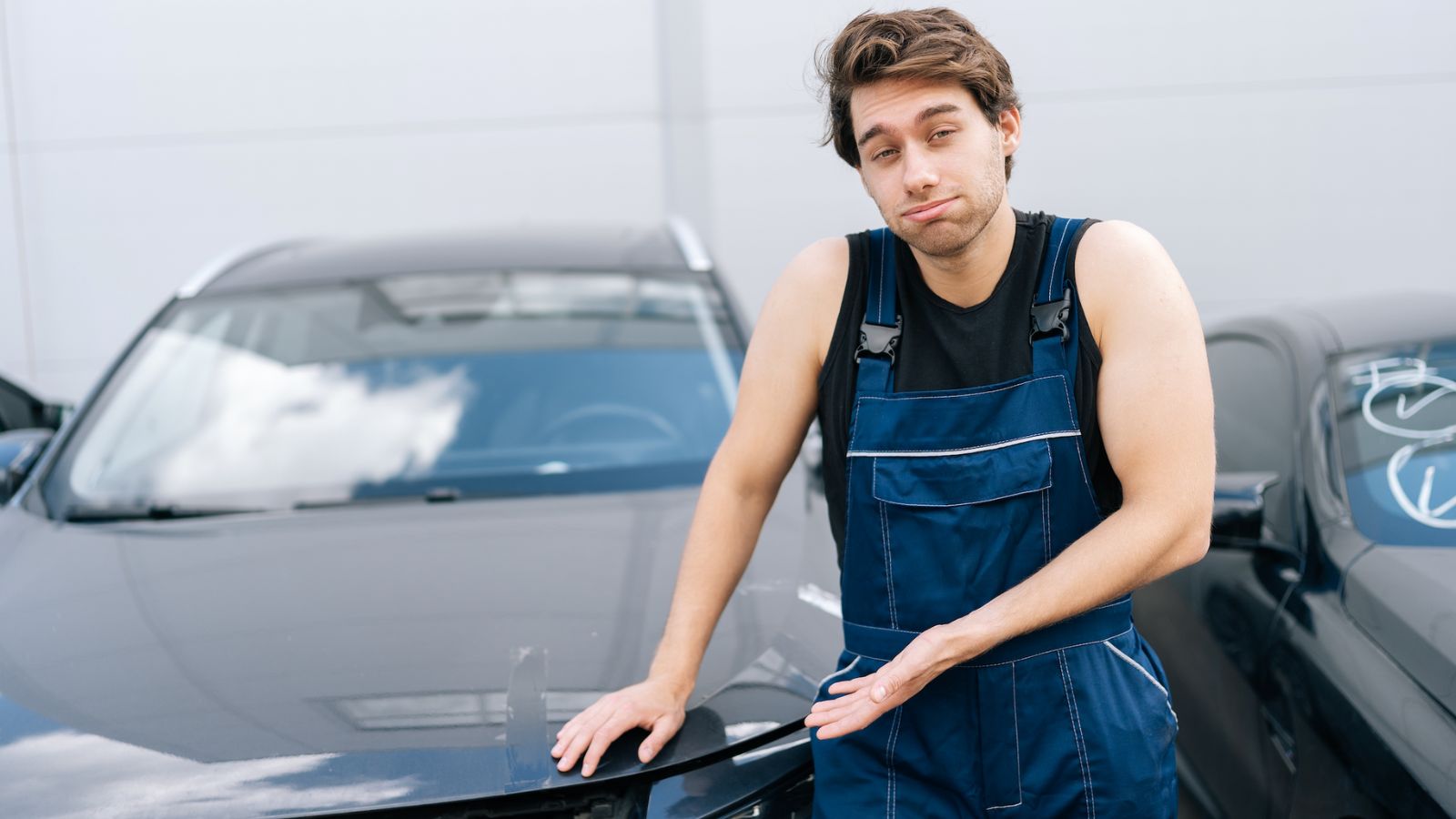
As a new car buyer, you can choose the features, colors, and trims you want. With a used car, you’re limited to what’s available on the market. If you’re picky about specifics like heated seats, premium sound systems, or exterior colors, finding a used car that ticks all the boxes might be impossible.
Higher Interest on Loans

Banks and lenders see used cars as riskier investments because there’s a higher likelihood of mechanical issues. As a result, you’ll probably pay more in interest on your loan. This combination of higher rates and potential repair costs outweighs the initial savings of buying used.
Lower Resale Value

The resale value of used cars is unpredictable. If the car experiences mechanical problems or if the market demand shifts, you might struggle to sell it for a decent price. Buyers will hesitate to purchase a high-mileage vehicle, which could limit your options when it’s time to sell.
Safety Concerns
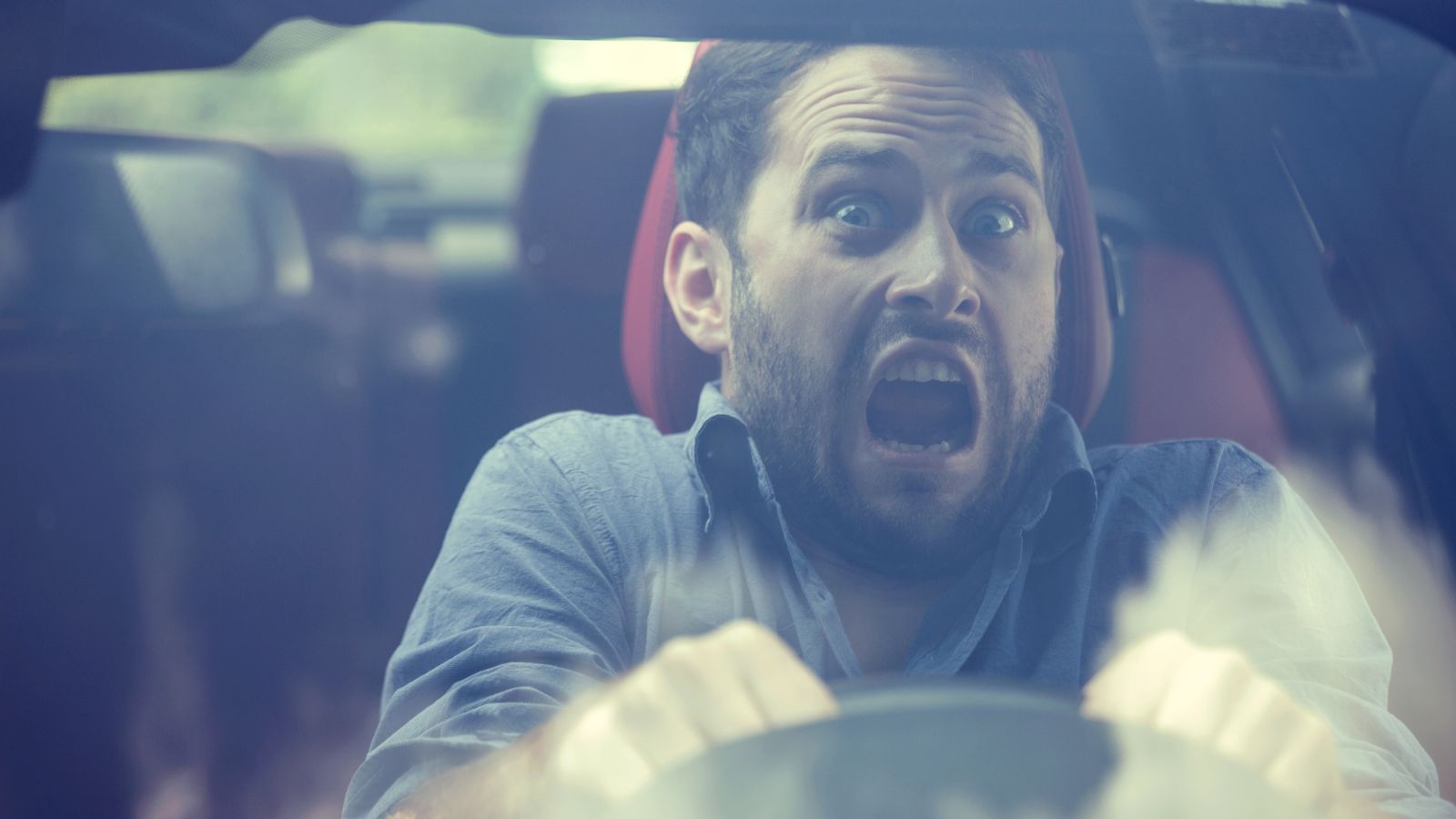
Safety standards improve all the time. Features like automatic emergency braking, pedestrian detection, and improved crash test performance are often exclusive to newer models. For families or safety-conscious drivers, this lack of advanced protection can feel like too big a risk.
Risks of Private Sales

Private sales come with added risks. Unlike dealerships, private sellers seldom offer warranties or guarantees. If the car has problems after purchase you will have limited recourse. For buyers wary of being scammed or misled, this lack of reliability is a major drawback to buying used.
Verifying Mileage

Is the low mileage on that used car genuine? The odometer doesn’t always tell the full story. Odometers can be tampered with to show lower readings. Even if the mileage is accurate, it’s tough to gauge how hard the car was driven. This uncertainty makes many buyers hesitant to go the used route.
Environmental Concerns

Although it seems environmentally friendly to reuse a vehicle, older cars are usually less fuel-efficient and produce more emissions. Advances in engine technology and stricter emissions regulations mean that newer vehicles are significantly better for the environment.
Higher Insurance Costs

Factors like the car’s safety features, theft rates, and repair costs play a big role in determining insurance prices. That means older cars without modern safety tech can be more expensive to insure. For buyers looking to keep overall costs down, this unexpected expense is another reason to think twice about buying used.
Lack of Manufacturer Support
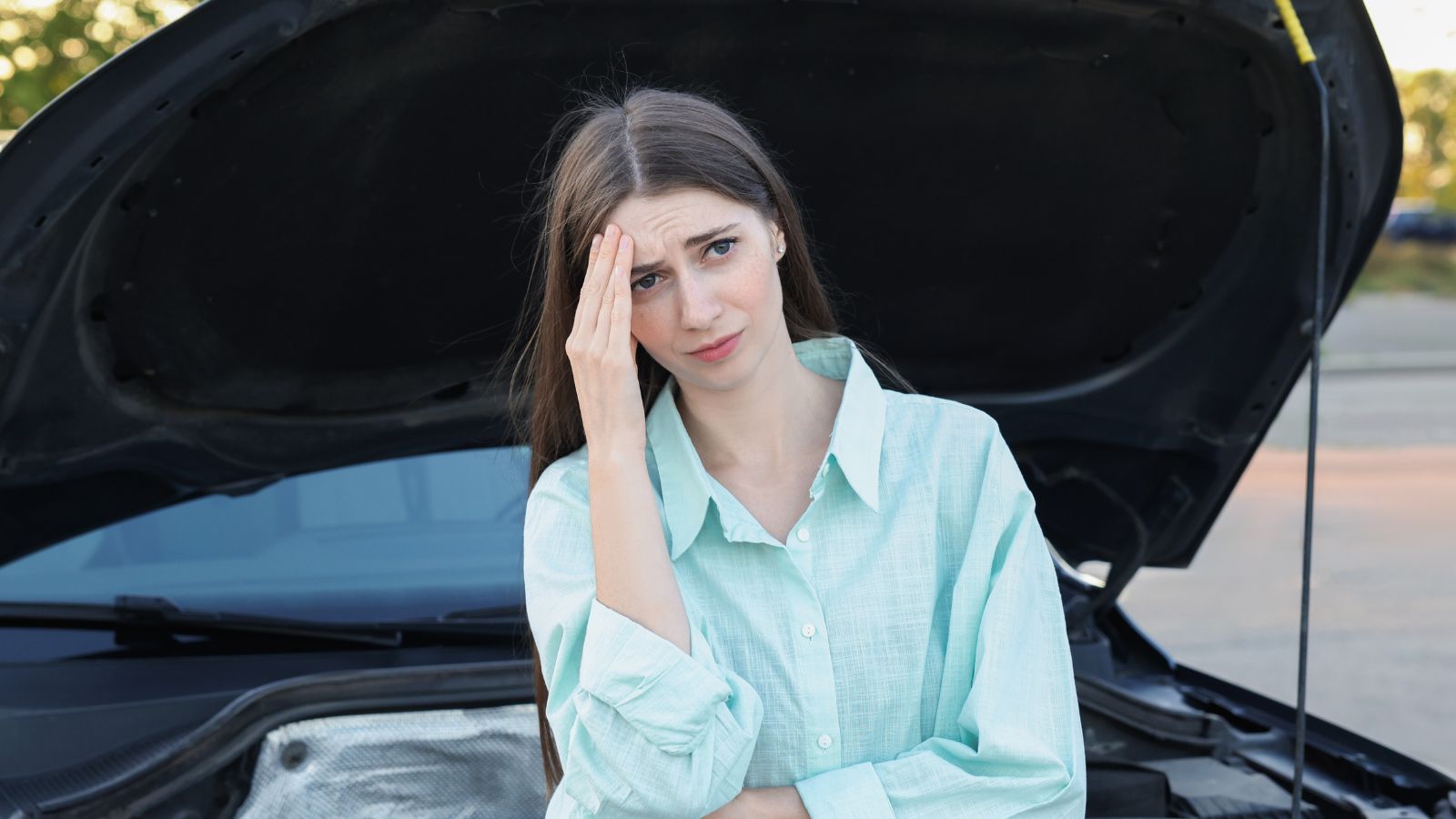
As cars get older, manufacturers may stop offering support or software updates for certain models. Outdated software can limit functionality – and increase frustration. Meanwhile, sourcing replacement parts can become more difficult, particularly on models that have gone out of production.
Up Next:
- 17 Things You Should Never Do When Pulled Over By The Police
- 15 Cars to Avoid Due to Their Poor Engine Quality
- 18 Things You Shouldn’t Do When Your Car Breaks Down on a Road Trip
